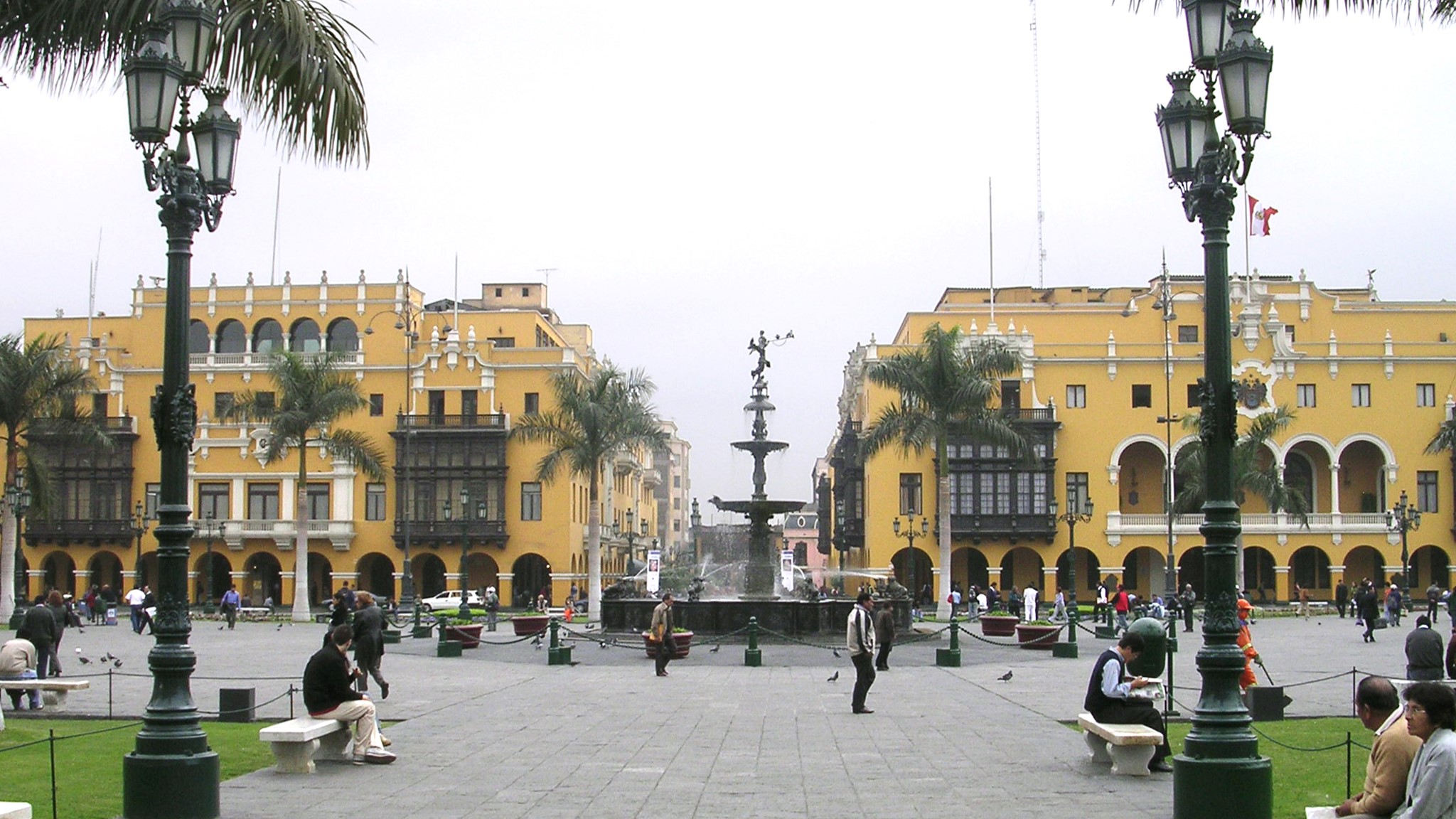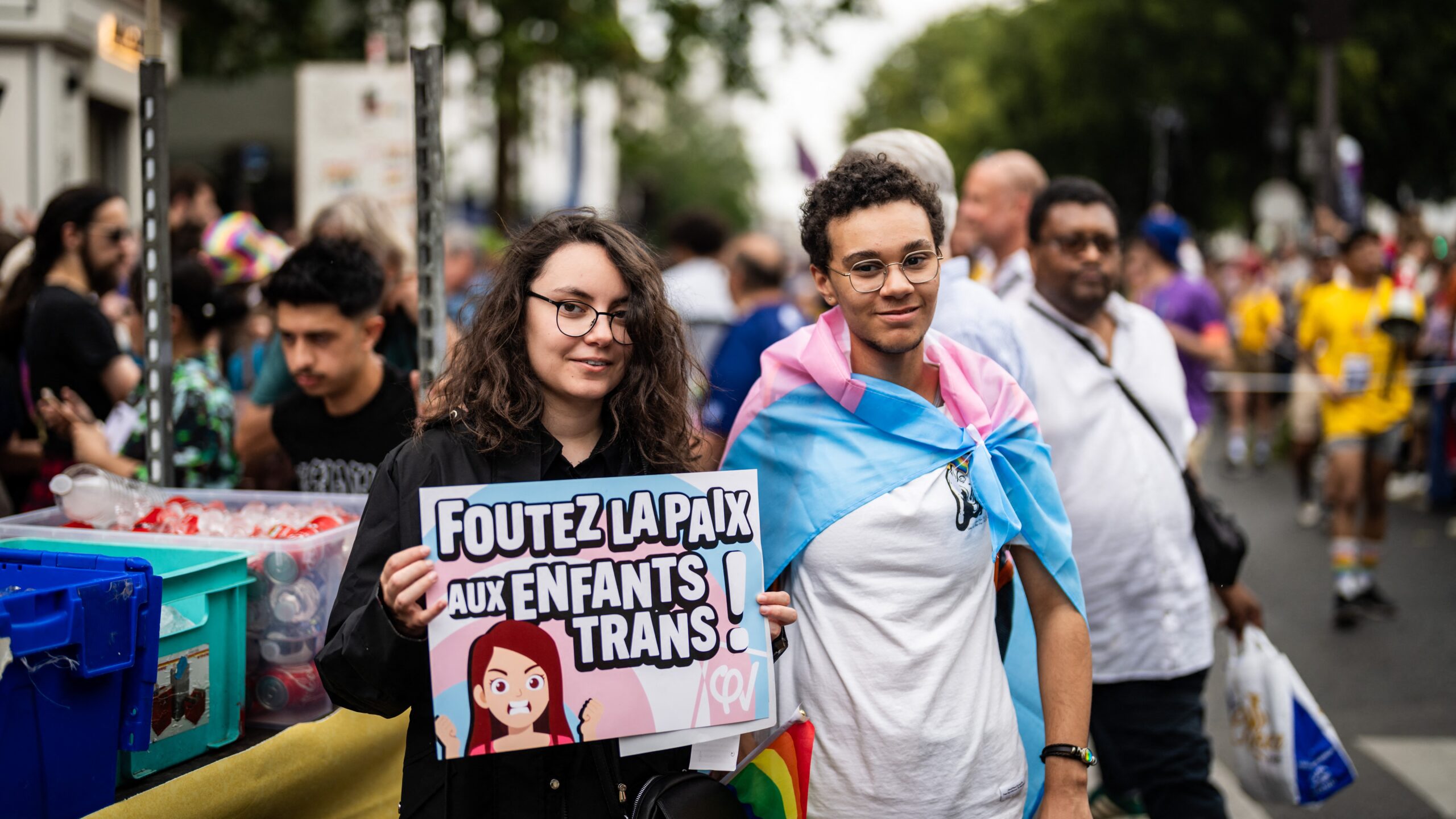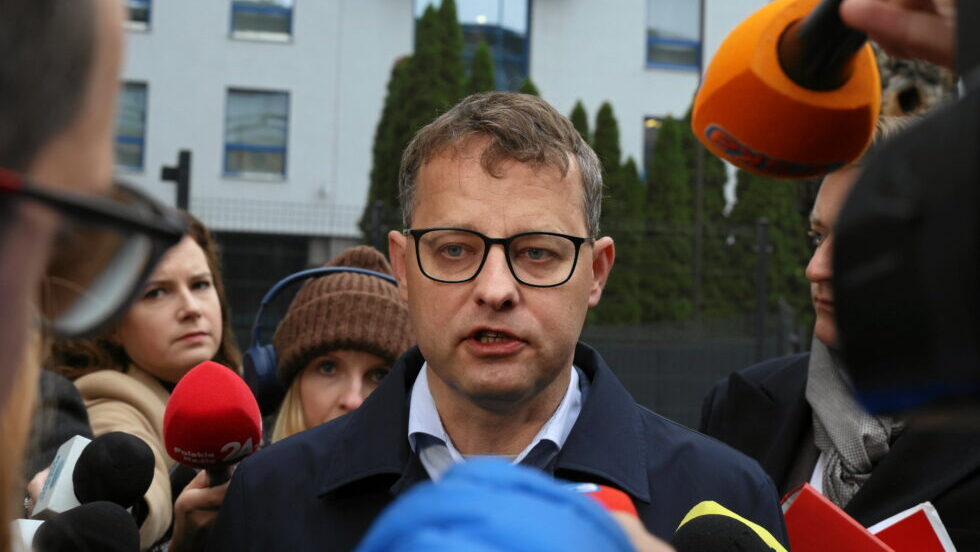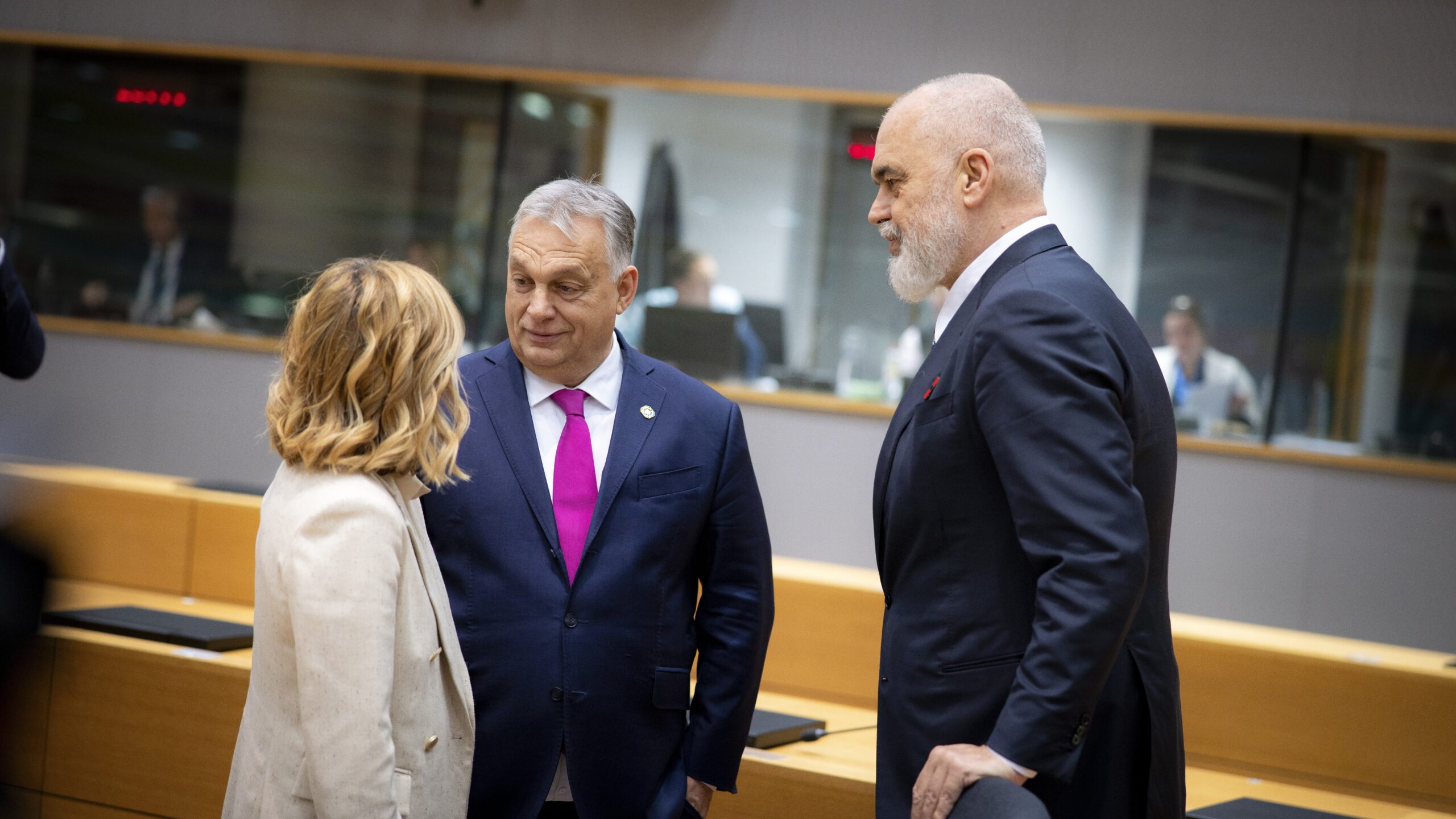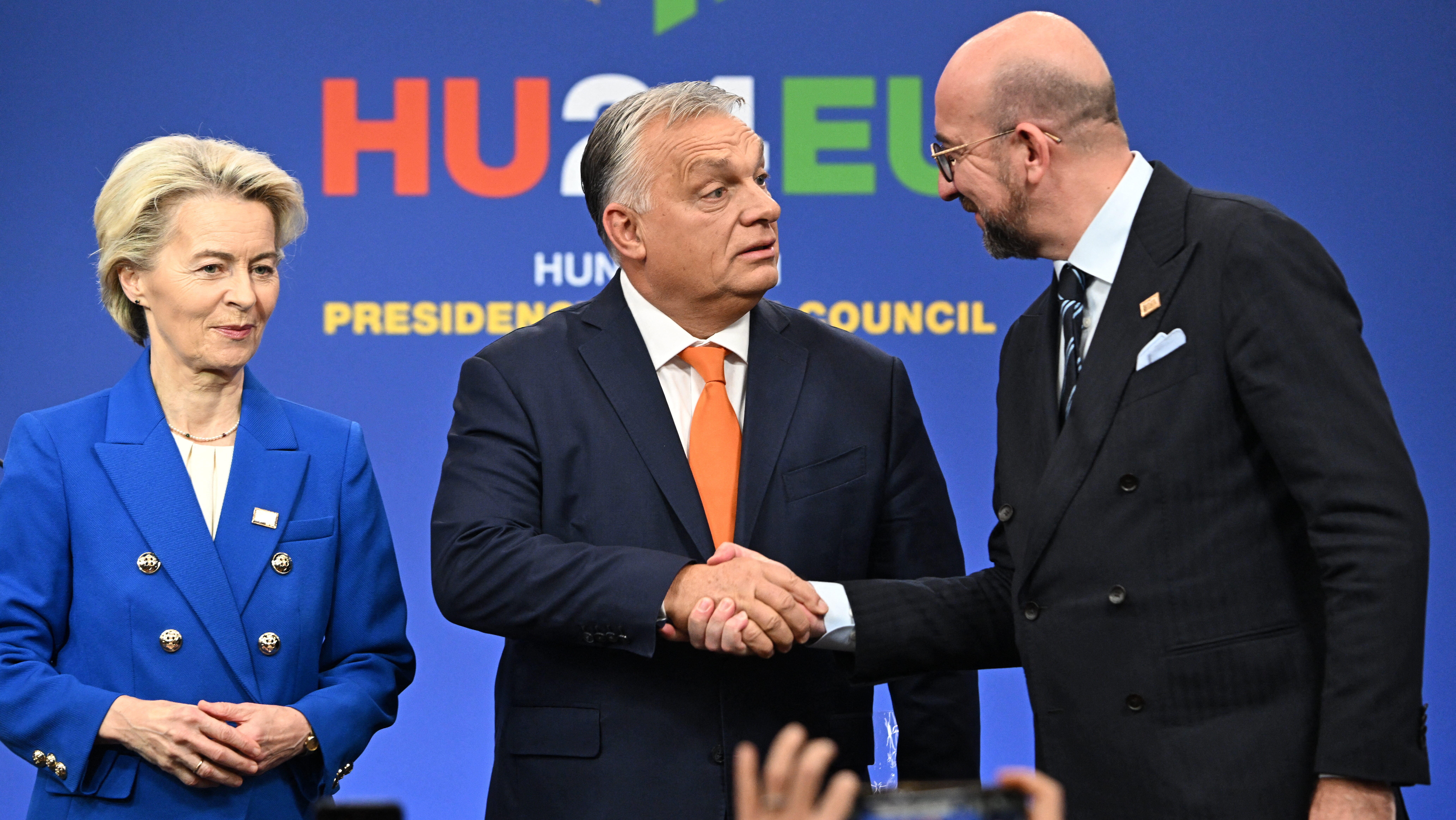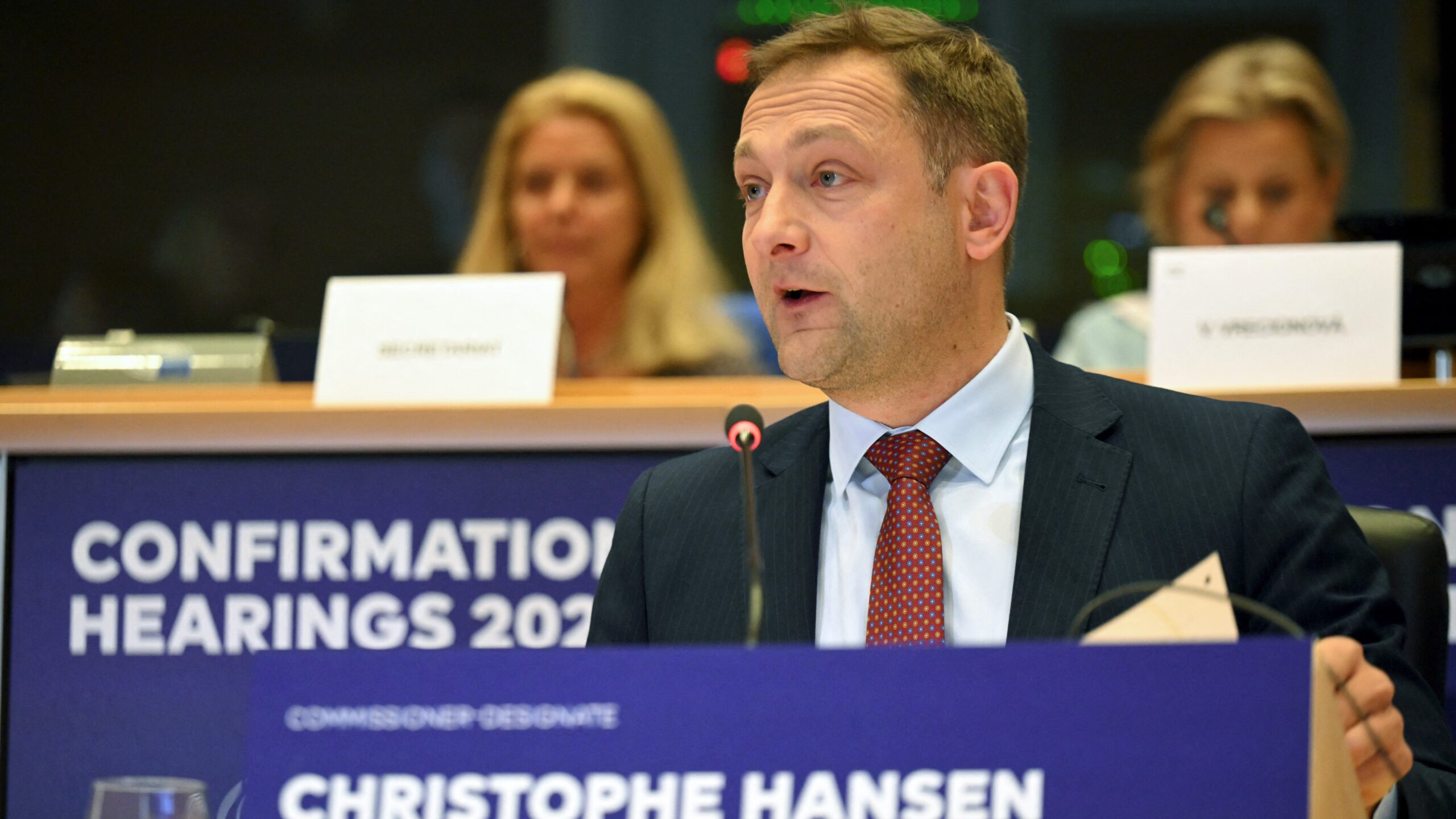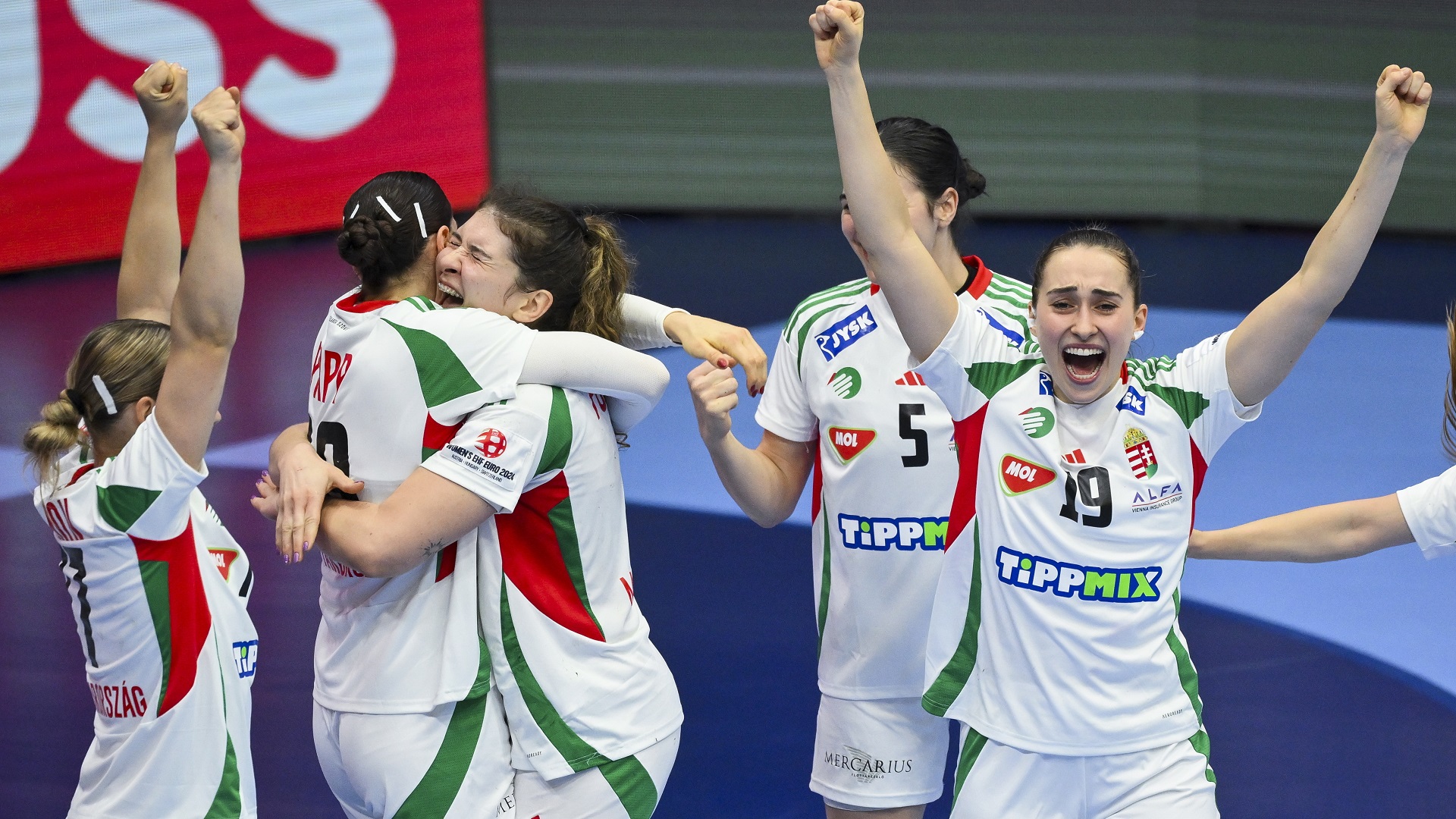
The (Habsburg) Empire Strikes Back
‘The Danubian Compact could serve as a modern, flexible framework for cooperation, focusing on shared economic interests, energy security, infrastructure development, and more. What if the real future of Central Europe does not lie in resurrecting the past, but in reimagining it for a new era? The pieces are there, the question is whether the leaders of these nations are willing to make that leap.’


